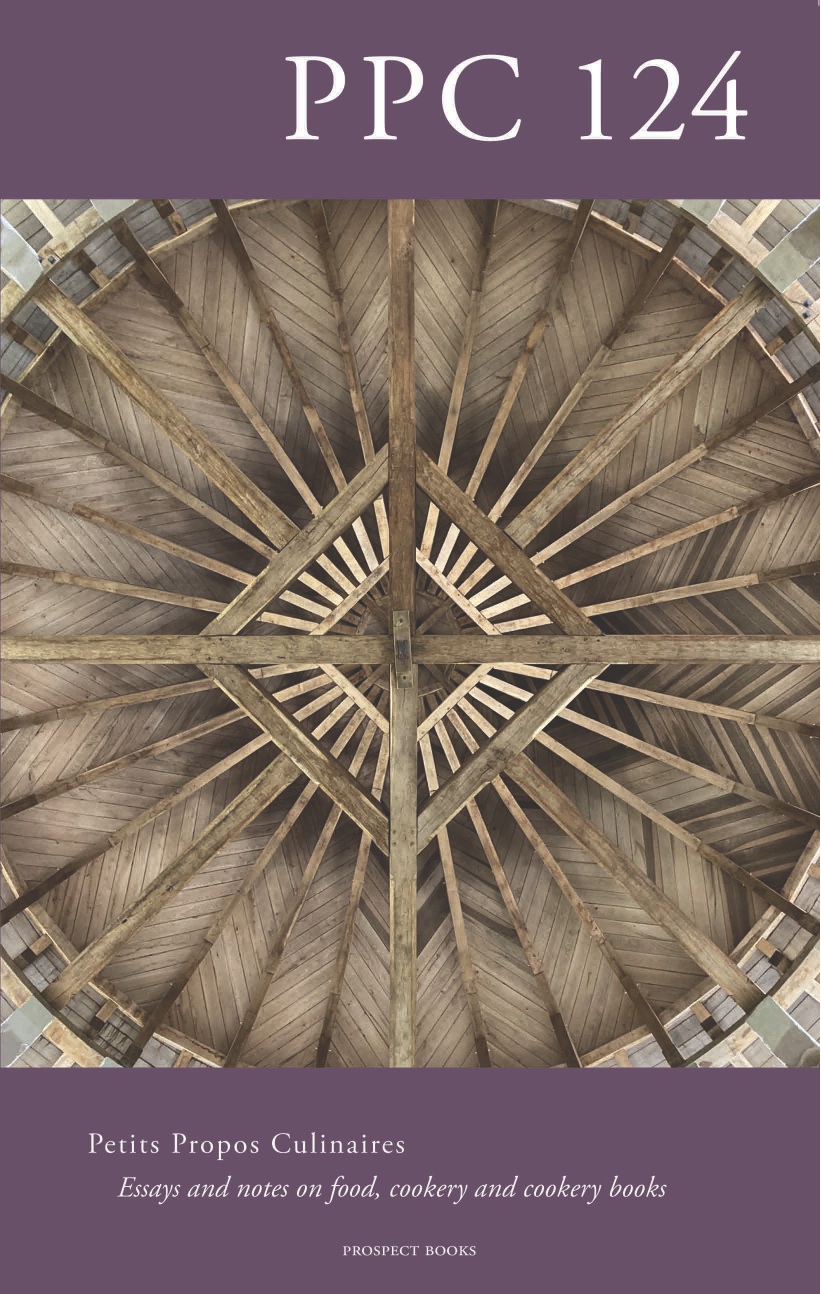Antecedents, Authenticity and Adaptation in the Nineteenth-century Kitchen
a Case Study of Mobile, Alabama
DOI:
https://doi.org/10.1558/ppc.27745Keywords:
authenticity claims, Antebellum, Mobile, 19th-century, USA, reconciliation cookbooks, recipe lineage, Gulf City Cookbook, social history, Southern cuisine, identity claims, regional culinary history, tradition, cult of domesticity, British adaptations, port cities, church cookbooksAbstract
This articles explores why following the Civil War, middle- and upper-class Mobilians established new rituals masquerading as manifestations of an imagined colonial heritage and formed fluid new élites in response to the stark uncertainties of Reconstruction and the New South. Unlike Atlanta or Nashville, however, Mobile rejected the economic opportunities embodied by railroad and factory for the duration of the nineteenth century. The city remained bound to a past in another way as well. Gulf City indicates that middle- to upperclass Mobilians beset by defeat, decline, depression, dislocation and downward mobility in the second half of the nineteenth century for the most part clung to the comfort of a cuisine that appears nearly colonial in origin.
References
Dana Alsen, Alabama Food Frontier: Development of a Cuisine, 800 to the Present (n.d.), www.alabamafoodways.org (accessed 7 April 2019).
Mrs. D. C. Anderson et al., Gulf City Cook Book (facsimile Tuscaloosa 1990, including an ‘Introduction’ by George Daniels; orig. publ. Dayton OH 1878).
Anon., ‘Port of Mobile,’ World Port Source (n.d.), http://www.worldportsource.com/ports/review/USA_AL_Port_of_Mobile_253.php (accessed 2 April 2019).
Anon., ‘Worcestershire Sauce,’ A History of the World (n.d.), http://www.bbc.co.uk/ahistoryoftheworld/objects (accessed 2 April 2019).
William Bartram, Travels and Other Writings (New York 1996).
S. A. Bent (comp.), Familiar Short Sayings of Great Men (London 1887), https://www.bartleby.com/344/393.html (accessed 15 April 2019).
Evelyne Bloch-Dano, Vegetables: A Biography (Chicago 2012).
Jane Carson, Colonial Virginia Cookery (Williamsburg VA 1985).
Ron Chernow, Grant (New York 2017).
Greville John Chester, Transatlantic Sketches in the West Indies, South America, Canada, and the United States (London 1869).
Kate Colquhoun, Taste: The Story of Britain through its Food (New York 2007).
Edward Davis & John Morgan, Collards: A Southern Tradition from Seed to Table (Tuscaloosa 2015).
Thomas De Leon, ‘Mobile – The Gulf City,’ Harper’s Weekly vol. XXVIII (2 February 1884).
Ron Dixon, ‘New South Era,’ The Encyclopedia of Alabama, http://www.encyclopediaofalabama.org/article/h-2128 (21 November 2016; accessed 27 April 2019).
Don Doyle, New Men, New Cities, New South: Atlanta, Nashville, Charleston, Mobile 1860–1910 (Chapel Hill 1990).
George Ewert, ‘The New South Era in Mobile, 1875–1900,’ in Michael V.R. Thomason (ed.), Mobile: The New History of Alabama’s First City (Tuscaloosa 2001).
Hannah Glasse, The Art of Cookery Made Plain and Easy (1995 facsimile, Totnes, Devon; orig. publ. London 1747).
Jane Grigson, English Food (London 1992).
Gil Hahn, Four Score and Four: America in 1860 (Wilmington DE 2014).
Kevin Hayes, A Colonial Woman’s Bookshelf (Knoxville 1996).
Chester Hearn, Mobile Bay and the Mobile Campaign (Jefferson NC 1993).
Sheila Hutchins, English Recipes and Others from Scotland, Wales and Ireland (London 1967).
Scotty Kirkland, ‘Port of Mobile,’ Encyclopedia of Alabama (10 August 2015), http://www.encyclopediaofalabama.org/article/h-3196 (accessed 2 April 2019).
William Kitchiner, The Cook’s Oracle and House Keeper’s Manual (New York, 7th ed. 1830).
Harvey Levenstein, Revolution at the Table: The Transformation of the American Diet (Oxford 1988).
Don Lindgren & Mark Germer, UnXld: American Cookbooks of Community & Place vol. I: Alabama – District of Columbia (Biddeford, ME 2018).
Melton McLaurin & Michael Thomason, Mobile: The Life and Times of a Great City (Woodland Hills CA 1981).
Laura Mason & Catherine Brown, Traditional Foods of Britain: An Inventory (Totnes, Devon 1999).
Blake Perkins, ‘A meditation on the fraught topics of authenticity and appropriation in the context of eighteenth century southern foodways’, Petits Propos Culinaires 114 (Summer 2019).
––––, ‘Notes on Virginia foodways in the early national period,’ www.britishfoodinamerica.com no. 59 (Winter 2019, accessed 17 April 2019).
John Rae, Life of Adam Smith (London 1885).
Mary Randolph, The Virginia House-wife (facsimile Columbia SC 1994; orig. publ. Washington DC 1824).
David. S. Shields, Southern Provisions: The Creation & Revival of a Cuisine (Chicago 2015).
Peter Smith, ‘Nothing Out of the Ordinary: Squirrel Stewed, 1878,’ Smithsonian.com, https://smithsonianmag.com/arts-culture/nothing-out-of-the-ordinary-squirrel-stewed-1878-95428350/ (15 February 2012; accessed 23 April 2019).
Paul Strathern, Dr. Strangelove’s Game: A Brief History of Economic Genius (London 2002), https://books.google.com/books…. (accessed 17 April 2019).
Michael Thomason (ed.), Mobile: The New History of Alabama’s First City (Tuscaloosa 2001).
Marion Cabell Tyree, Housekeeping in Old Virginia (Lynchburg VA 1877).
Eugene Walter, American Cooking: Southern Style (New York 1971).
––––, (with Katherine Clark), Milking the Moon (New York 2001).
––––, The Untidy Pilgrim (Tuscaloosa 1987; orig. publ. 1953).
C. Anne Wilson, Food and Drink in Britain from the Stone Age to the 19th Century (Chicago 1991).
C. Vann Woodward, Origins of the New South (Baton Rouge 1951).

